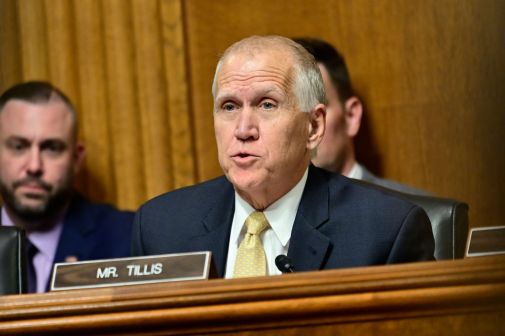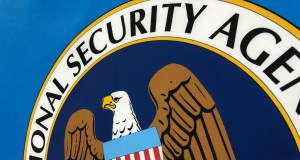These senators are hoping to divide Cyber Command from the NSA

This report first appeared on CyberScoop.
A bipartisan amendment introduced Tuesday in the Senate to the 2017 National Defense Authorization Act seeks to elevate U.S. Cyber Command to a combatant command. The status upgrade would cause Cyber Command to become independent of the NSA, receive additional resources and assume different leadership than currently installed.
The inclusion mirrors that of an amendment included in the House’s version of the long-overdue NDAA, which attracted subsequent criticism from the White House. The Obama administration claimed that the authority to establish unified combatant commands rests solely in the executive branch. The House passed its version of the NDAA, a bill that authorizes a wide array of defense spending, in April.
Sen. Steve Daines, R-Mont., announced the inclusion of the amendment in the bill during a Senate floor speech on how the U.S. must counter the Islamic State’s growing technological capabilities.
“The elevation of CYBERCOM will ensure that we are always one step ahead of the enemies who seek to destroy us and our way of life,” Daines said. “As radical Islamic extremists continue to recruit online, it is imperative now more than ever that CYBERCOM has the tools to react quickly and defeat the enemy.”
Daines’ amendment comes with support from Sen. John McCain, R-Ariz., and seven other senators, including Mark Warner, D-Va., who is expected to become vice chairman of the Intelligence Committee next year. McCain had previously voiced concerns about dividing Cyber Command from its Fort Meade neighbor via executive order. In early September, McCain had said he would block any potential move by the Obama administration to separate Cyber Command from the NSA.
Those comments followed shortly after an NBC News report on national television noting support by Defense Secretary Ash Carter and Director of National Intelligence James Clapper for a White House plan to elevate Cyber Command in the waning months of the current administration. “I do not believe rushing to separate the ‘dual hat’ in the final months of an administration is appropriate, given the very serious challenges we face in cyberspace,” McCain said, referencing the shared leadership structure employed between the two organizations.
CyberScoop has reached out to McCain’s office about the senator’s support for Daines’ amendment.
President Obama’s top cybersecurity adviser, Michael Daniel, left the door open for major changes to occur at Cyber Command before November’s presidential election in an interview with CyberScoop in August. At the time, Daniel said, “we are constantly reviewing if we have the appropriate organizational structures in place to counter evolving threats, in cyberspace or elsewhere.”
If Cyber Command were to become a unified combatant command, it would operate on equal footing with the likes of U.S. Strategic Command, giving it an increased budget and elevated operational authority to conduct missions globally. At command’s headquarters in Fort Meade, the operational shift has long been expected; the remaining question is simply about timing.






